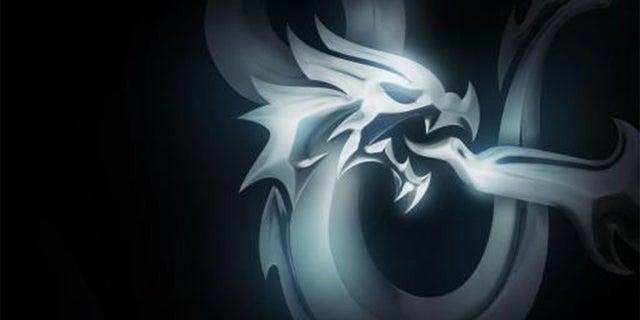Wizards of the Coast has made a short statement regarding the ongoing rumors surrounding OneD&D and the Open Gaming License. In a short response to Comicbook.com, the company said "We will continue to support the thousands of creators making third-party D&D content with the release of One D&D in 2024. While it is certain our Open Game License (OGL) will continue to evolve, just as it has since its inception, we're too early in the development of One D&D to give more specifics on the OGL or System Reference Document (SRD) at this time."


 comicbook.com
comicbook.com
It's not clear what WotC means when they say that the OGL will 'continue to evolve' -- while there have been two versions of the license released over the years, each is non-rescindible so people are free to use whichever version of the license they wish. Indeed, that is written into the license itself -- "Wizards or its designated Agents may publish updated versions of this License. You may use any authorized version of this License to copy, modify and distribute any Open Game Content originally distributed under any version of this License."
During the D&D 4th Edition era, WotC published a new, separate license called the Game System Licence (GSL). While it was used by third party publishers, it was generally upopular.

Dungeons & Dragons Clarifies Support for Third-Party Material as New Edition Draws Near
Wizards of the Coast has responded to rumors of changes to the Open Game License and System Reference Document as it works on a new edition of Dungeons & Dragons. For weeks, rumors have swirled about the future of two documents critical to the publication of third-party material for Dungeons &...
It's not clear what WotC means when they say that the OGL will 'continue to evolve' -- while there have been two versions of the license released over the years, each is non-rescindible so people are free to use whichever version of the license they wish. Indeed, that is written into the license itself -- "Wizards or its designated Agents may publish updated versions of this License. You may use any authorized version of this License to copy, modify and distribute any Open Game Content originally distributed under any version of this License."
During the D&D 4th Edition era, WotC published a new, separate license called the Game System Licence (GSL). While it was used by third party publishers, it was generally upopular.








